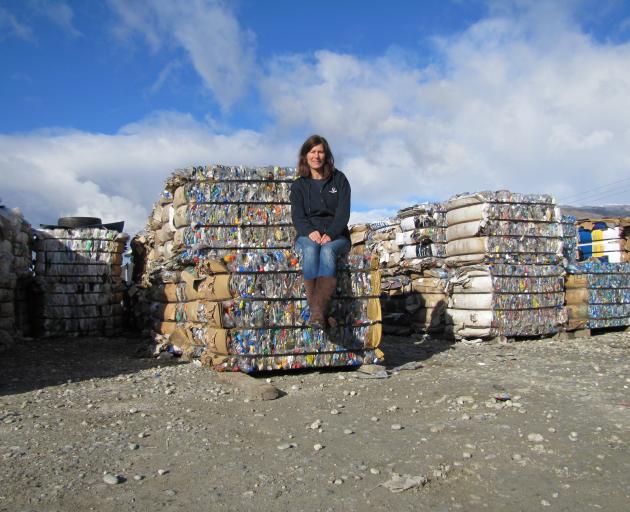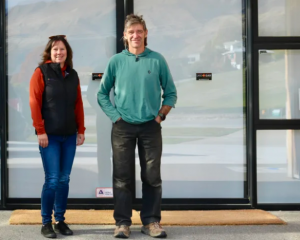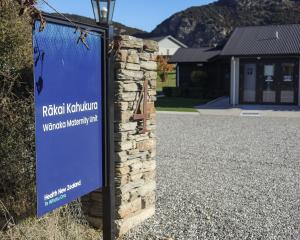More communication, less contamination, and many of New Zealand's recycling problems would disappear.
Recycling veteran Gina Dempster, communications adviser for Wanaka Wastebusters, describes the history of recycling systems as "a little bit of the wild west".
China sent shock waves through the world of recycling at the beginning of the year by tightening up on the recyclable materials it was willing to import.
That led to a media headline that New Zealand's recycling system was "fundamentally broken" as a result.

"We're managing to move all our products from Wanaka at the moment, and that's because we've always focused on quality."
Quality in recycling means a lack of contamination of, for instance, one type of plastic with another, plastic with paper, or glass with cardboard.
Ms Dempster said China was being sold heavily contaminated recycled material and that was why it had stopped importing many lines from around the world, including New Zealand.
"What China is doing is setting some higher standards for recycling, so we see this as a really good thing. But sometimes moving to those higher standards can be a bit painful."
Avoiding contamination is a hallmark of the way Wastebusters has operated since it began 18 years ago.
Ms Dempster said the problem lay with those using systems where recycled materials co-mingled - "where you put everything together into the same bin and you compress it, and then you've got small pieces of glass through cardboard, lots of plastic all mixed up."
So, while China's decision has left some New Zealand local authorities with stockpiles of contaminated material, Wastebusters collects each product separately and continues to be able to sell its "product".
"We've always had a very clean stream of recycling," Ms Dempster said.
A container of drink bottles (polyethylene terephthalate or PET plastic), collected from Wanaka and Alexandra since Christmas, is off to Thailand to be made into clothing.
Bales of milk bottles are heading to Christchurch to be made into irrigation pipe.
Glass bottles, sorted by colour, are going to Auckland to be turned into new bottles.
And cardboard, with less than half a percent of contamination, can still be sold to China.
Ms Dempster believed with China pulling back, New Zealand had the opportunity to improve its recycling systems.
Too many segments of the recycling chain - product manufacturers, councils, recyclers, such as Wastebusters, and reprocessers who create new products from recyclable materials - do not communicate enough, she said.
She believed there were more important issues than finding the cheapest recycling system.
"It's about designing your systems to produce a quality product, and maybe that's going to be a more expensive system.
"But in the long term, that's a lot more viable and efficient than designing a system for the cheapest cost, which is what we have got."












